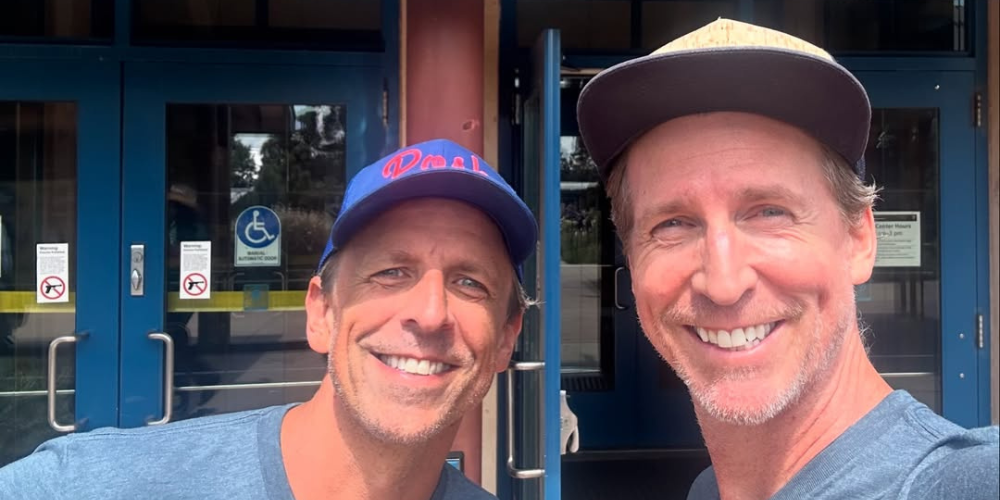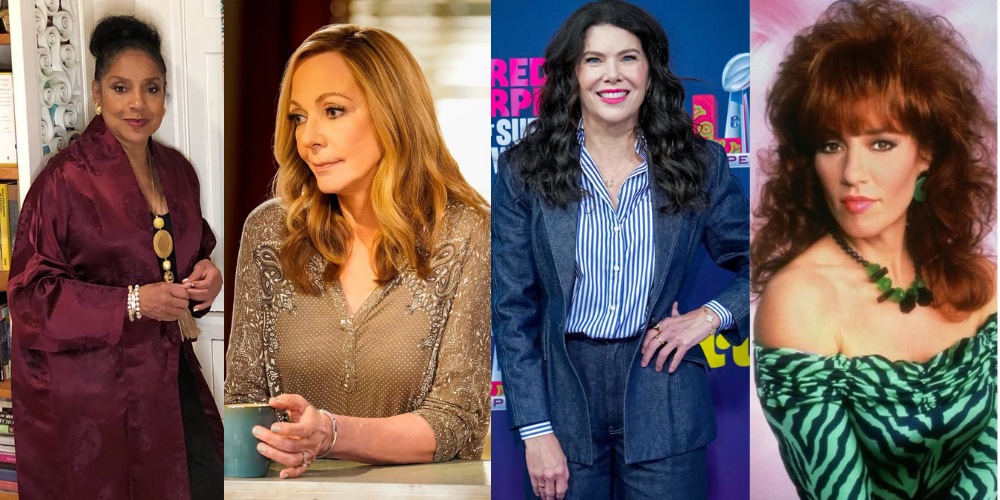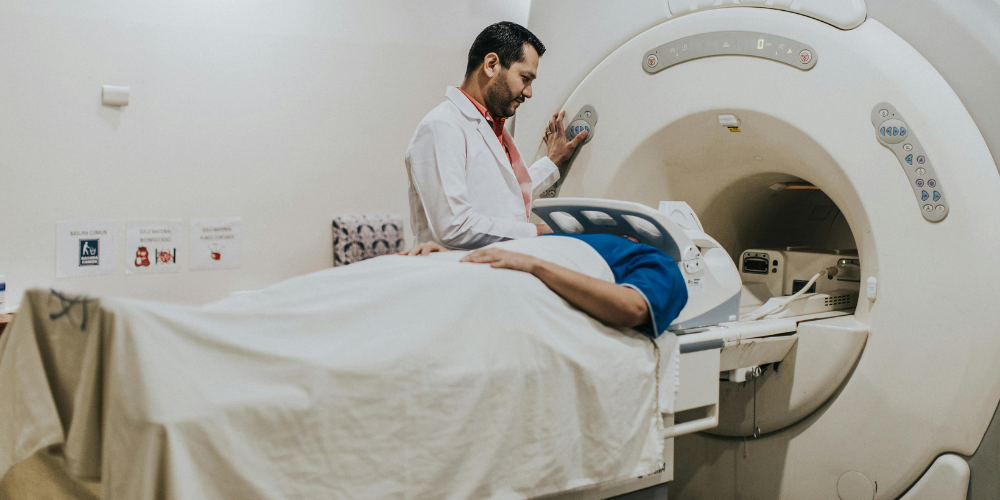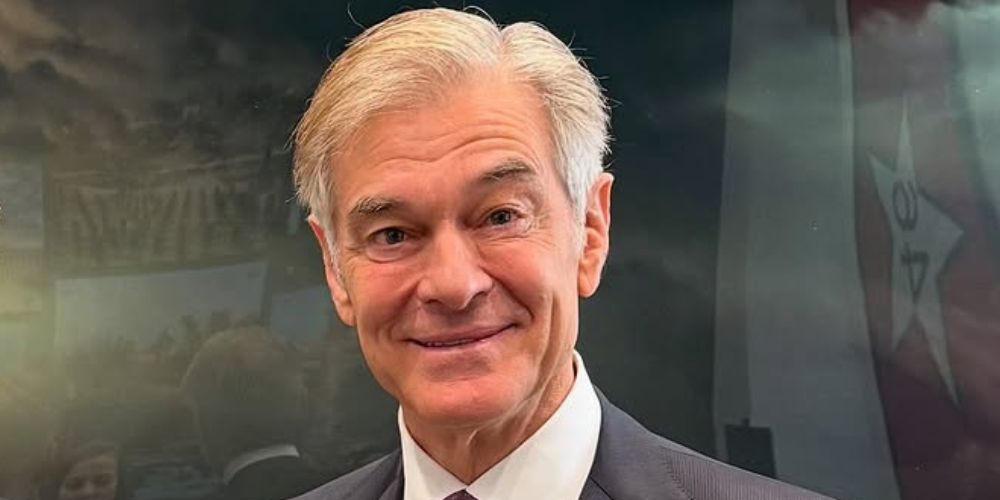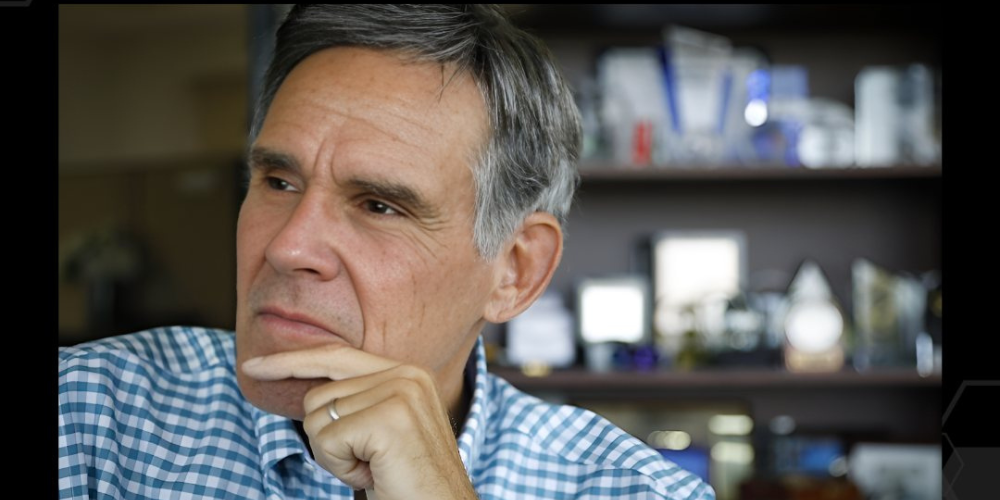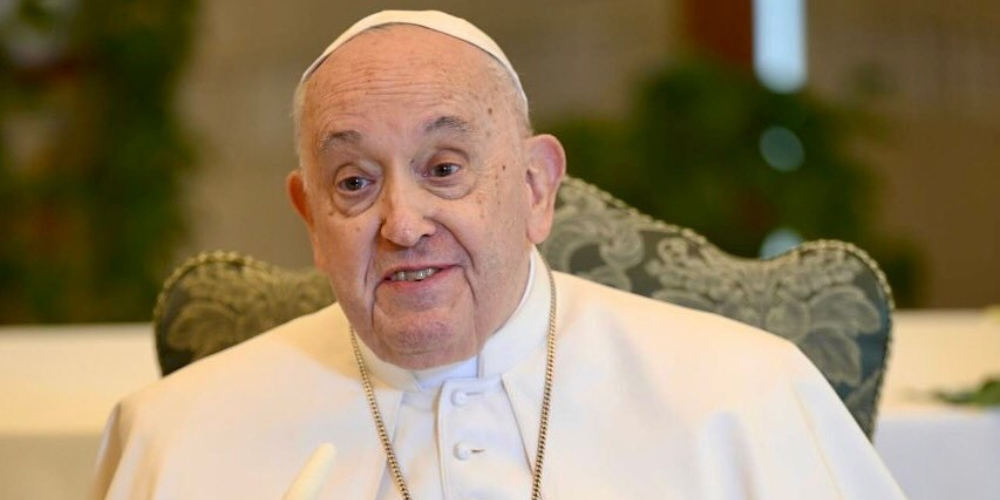Health decisions have taken a sharp turn, especially among younger generations. A recent global survey from Edelman shows that a growing number of people now favor peer recommendations over medical advice. The trend is most noticeable among adults aged 18 to 34, who have started forming their own health ecosystems, led more by social trust than traditional expertise.
This movement reflects more than just a preference. It reveals a fundamental shift in how health information is received, processed, and acted on.
Trust Issues in Healthcare
Edelman’s March 2025 survey gathered insights from over 16,000 participants across 16 countries. The findings painted a clear picture: trust in established health systems is declining.
1. 61% of Americans believe institutions—whether business, government, or nonprofits—interfere with their access to quality care.
2. 45% of adults aged 18 to 34 ignored professional medical advice in favor of input from friends or family, marking a 13-point jump from 2024.
3. 38% of that same age group relied on social media guidance over their provider’s advice, up 12 points from the previous year.
Even though peer influence is rising, it's not without downsides. Nearly 60% of young adults admitted to regretting at least one health decision made based on inaccurate or misleading information.
Health Decisions Now Begin in the Group Chat

Freepik | katemangostar | Young adults now trust group chats for health advice over doctors.
The digital age allows personal networks to shape decisions faster than ever. People now crowdsource opinions before seeing a provider—or skip professional input altogether.
Courtney Gray Haupt from Edelman captured the moment by stating, “Younger adults have truly created their own health ecosystem with how they're looking for information, who they trust, what they're doing with health information.”
This statement reflects a broader behavioral change driven by accessibility, peer influence, and skepticism toward authority. In communities with longstanding distrust in healthcare systems, especially communities of color, these trends run even deeper.
A Look at the Numbers
The increase in peer influence wasn’t limited to younger adults. Every age group showed a rise in choosing personal connections or social content over medical professionals.
Preference for Family or Friends Over Providers (2024 → 2025):
1. Ages 18–34: 32% → 45%
2. Ages 35–54: 23% → 36%
3. Ages 55+: 11% → 20%
Preference for Social Media Over Providers (2024 → 2025):
1. Ages 18–34: 26% → 38%
2. Ages 35–54: 19% → 30%
3. Ages 55+: 9% → 15%
This shift in behavior signals more than just a digital preference—it shows how social validation now often outweighs clinical instruction.
Representation and Communication
Representation continues to influence credibility. 66% of respondents said they view someone as a real health expert only if that person understands “what people like me need and want.”
That statement emphasizes a key point—building trust isn't just about credentials. It’s about connection. When communities see themselves reflected in their care providers, trust grows, and so does compliance with expert advice.
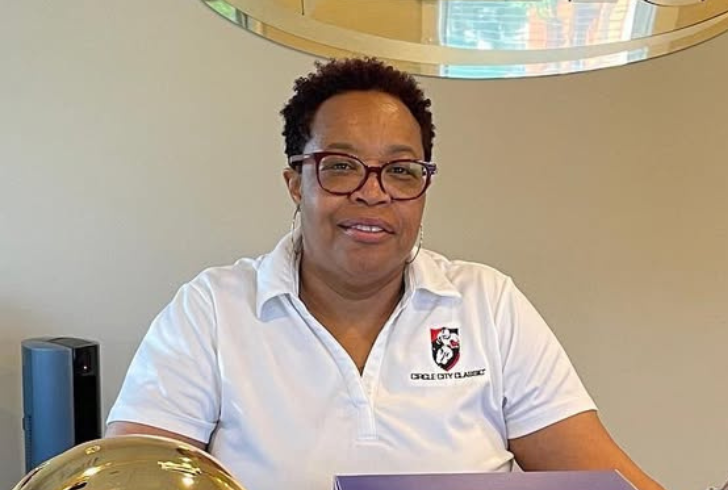
Instagram | @circlecityclassic | Alice Watson CEO of Indiana Black Expo leads efforts to build trust through care.
Indiana Health Fair Builds Bridges in Care
The Indiana Health Fair plays a critical role in addressing healthcare hesitancy. Hosted by the Indiana Department of Health during the Indiana Black Expo Summer Celebration, the event offers over $4,000 worth of free health screenings and services. These services target chronic conditions like diabetes, stroke, hypertension, and cancer.
Healthcare leaders design the event to feel approachable. The aim is to remove intimidation and replace it with open, honest conversation—especially for communities underrepresented in traditional medical spaces.
In 2024, a new mental health series began, highlighting stigma within the Black community. That effort continues in 2025 with a powerful photo exhibition called “The Faces of Us”, showcasing everyday individuals navigating mental health struggles.
Alice Watson, CEO of Indiana Black Expo, explained, “That particular exhibit would actually be a photography exhibit showing just the faces of mental health. And you'd be surprised at those folks who have challenges with it. It's not just who you think it is.”
Information is everywhere, but trust is harder to earn. As more people seek health guidance from peers and online voices, the need for credible, relatable communication becomes even more important. Clear strategies and culturally informed care can help bridge the gap—and maybe reverse the growing mistrust in traditional providers.




